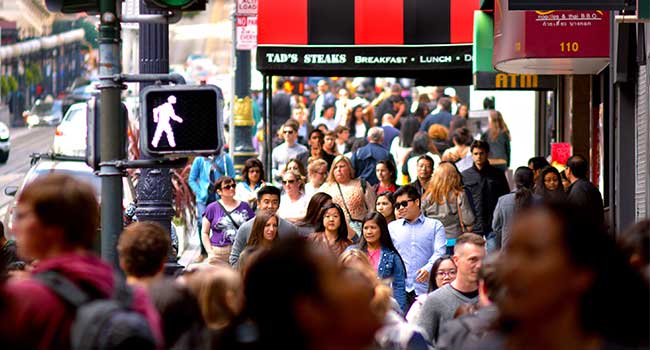
San Francisco May be the First to Ban Facial Recognition
The use of facial recognition by police might cease to exist in San Francisco if adopts a ban on the technology.
- By Sydny Shepard
- May 14, 2019
Implementations of facial recognition are beginning to pop up no matter where you turn. Police departments, city agencies, vehicle departments, stores, stadiums and home security cameras are taking advantage of the technology in an effort to more efficiently scan databases, catch criminals, identify missing children and more. Some cities, however, are not interested in this evolving technology.
San Francisco is officially on track to become the first U.S. city to ban the use of facial recognition by police and other agencies, as reported by Time. The Board of Supervisors is scheduled to vote on the city's proposed face-recognition ban on Tuesday.
If the legislation is part of a broader bill aimed at regulating the use of surveillance by city departments, but the ban, if approved, would only apply to San Francisco government agencies. It would not affect companies or people who want to use the technology. It would also not affect the use of facial recognition at the San Francisco International Airport, where security is mostly overseen by federal agencies.
The San Francisco police say they have stopped testing facial recognition and haven't use the technology since 2017. Spokesman David Stevenson said in a statement that the department looks forward to "developing legislation that addresses the privacy concerns of technology while balancing the public safety concerns of our growing, international city."
There are several other proposals to limit facial recognition in the state of California, such as a California Legislature proposal prohibiting the use of facial ID technology on body cameras. The bipartisan bill in the U.S. Senate would exempt police applications but set limits on businesses analyzing people's faces without their consent.
About the Author
Sydny Shepard is the Executive Editor of Campus Security & Life Safety.